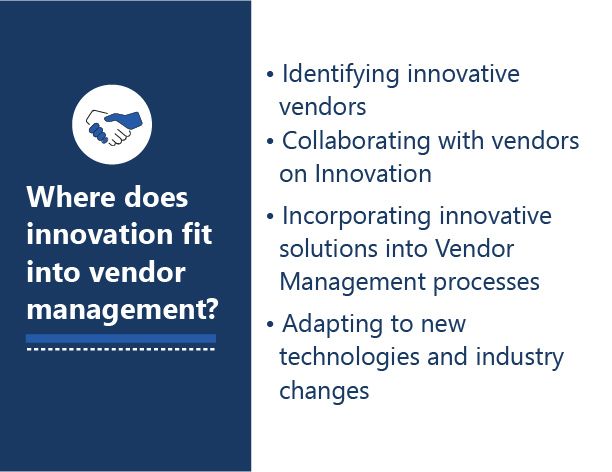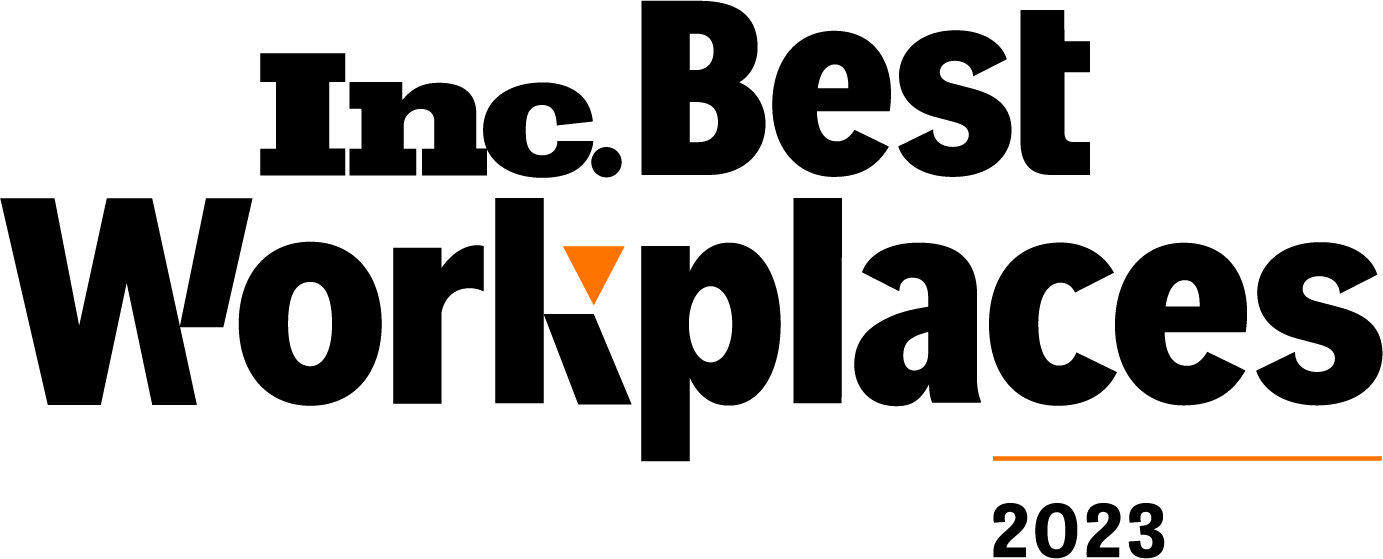Q&A with ProspHire’s Luke Laurin on Vendor Management

Luke Laurin
Talk to a Healthcare Professional
What is Vendor Management as a Service Solution in the Healthcare Industry?
Vendor management as a service solution is providing healthcare organizations with best-practice strategies to optimize management of third-party vendors by streamlining vendor management workflows, reducing vendor costs and improving compliance with regulatory requirements.
We offer our clients a range of vendor management services, including vendor selection, contract management strategies, performance monitoring KPI definition, risk assessments and compliance monitoring. By utilizing a collaborative partner for these functions, healthcare organizations can free up internal resources focused on these efforts, reduce costs associated with vendor contracts, and improve the quality of their vendor management processes.
Are there industry regulations around vendor management?
Vendor management is critical to ensure ongoing patient safety, regulatory compliance and operational efficiency. In healthcare, the Centers for Medicare & Medicaid Services (CMS), the Office of Inspector General (OIG) and the Joint Commission have published guidelines regarding vendor management practices. CMS requires healthcare organizations to have written policies and procedures for selecting and managing vendors, including risk assessments and ongoing monitoring of vendor performance. OIG emphasizes the need for proper due diligence before selecting a vendor, which includes a qualitative and quantitative process that should lead to a decision that best fits the needs of the healthcare organization.
The Joint Commission includes vendor management as a standard for medical equipment and facility management. In addition to regulatory requirements, many healthcare organizations also have their own internal operating procedures for vendor management. These standard operating procedures may include requirements for vendor selection, contract management and ongoing vendor performance management.
Why is coordinating services from multiple vendors so important?
In healthcare, there are many vendors that provide products and services that need to work together to support patient care. Ensuring interoperability between these vendors will help them work better together. Coordinating services from multiple vendors can help with reducing duplicate efforts and resources, which often results in reduced costs. Improving communication between vendors leads to better outcomes for a patient and a better customer experience in the often-confusing world of consumerism in healthcare. By streamlining the vendor management process, most healthcare organizations find they can reduce the number of vendors they need and will consolidate to critical mass in order to “get it done” the right way.
Where does innovation fit into vendor management?
Innovation can play an important role in vendor management, especially as technology and other advancements continue to shape the way products and services are developed and delivered in the healthcare industry.
Here’s where I see recent innovation fitting into the vendor management process:
- Identifying innovative vendors: Vendor management involves selecting and managing vendors who can provide products and services that meet the needs of the healthcare organization. Innovation can be an important factor in selecting vendors who can provide cutting-edge solutions and stay ahead of industry trends.
- Collaborating with vendors on innovation: Healthcare organizations can collaborate with their vendors to develop new products and services that can improve patient care and drive operational efficiencies. By fostering innovation in their vendor relationships, healthcare organizations can stay at the forefront of industry trends and maintain a competitive edge.
- Incorporating innovative solutions into vendor management processes: Healthcare organizations can leverage innovative technologies and solutions to streamline their vendor management processes, automate tasks and improve data analytics.
- Adapting to new technologies and industry changes: As new technologies and industry trends emerge, healthcare organizations must adapt their vendor management processes to stay up-to-date. By embracing innovation and being open to new ideas, healthcare organizations can stay agile and responsive to industry changes.

How Can ProspHire Help?
ProspHire's Vendor Management Office team has extensive experience in assessing current processes, identifying the gaps and developing a centralized VMO operating model strategy. That may include identifying cost saving measures and formalizing vendor management from selection to onboarding processes. We have also helped clients in developing custom analytical dashboards to monitor critical KPIs to keep our clients compliant with regulations and monitor overall vendor spend to ensure value is achieved.
Connect with us today to start talking about how we can partner with you to improve your vendor management.

© 2023 ProspHire, LLC. All Rights Reserved / Terms of Use / Privacy Policy
ProspHire
216 Blvd of the Allies, Sixth Floor
Pittsburgh, PA 15222
412.391.1100
[email protected]
Quick Links
© 2024 ProspHire, LLC. All Rights Reserved / Terms of Use / Privacy Policy








